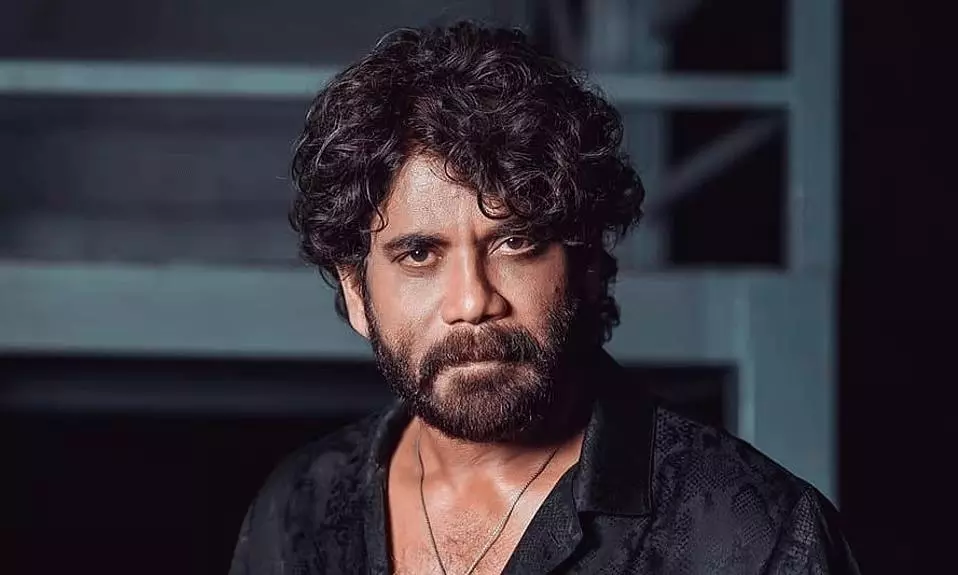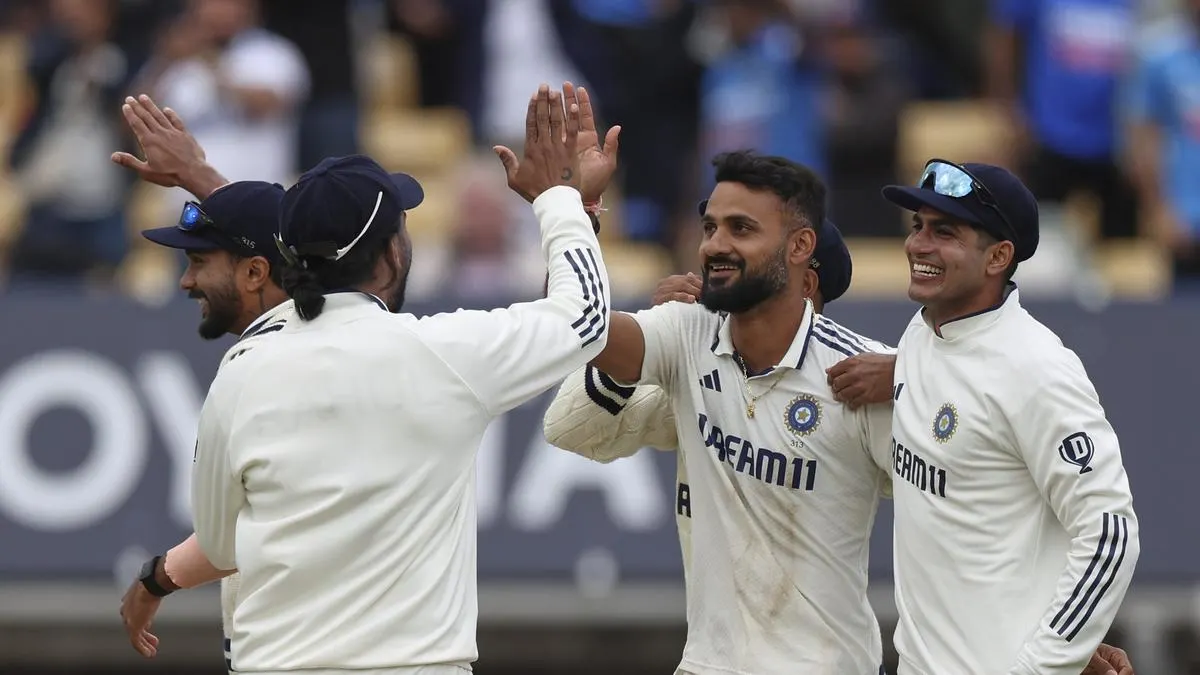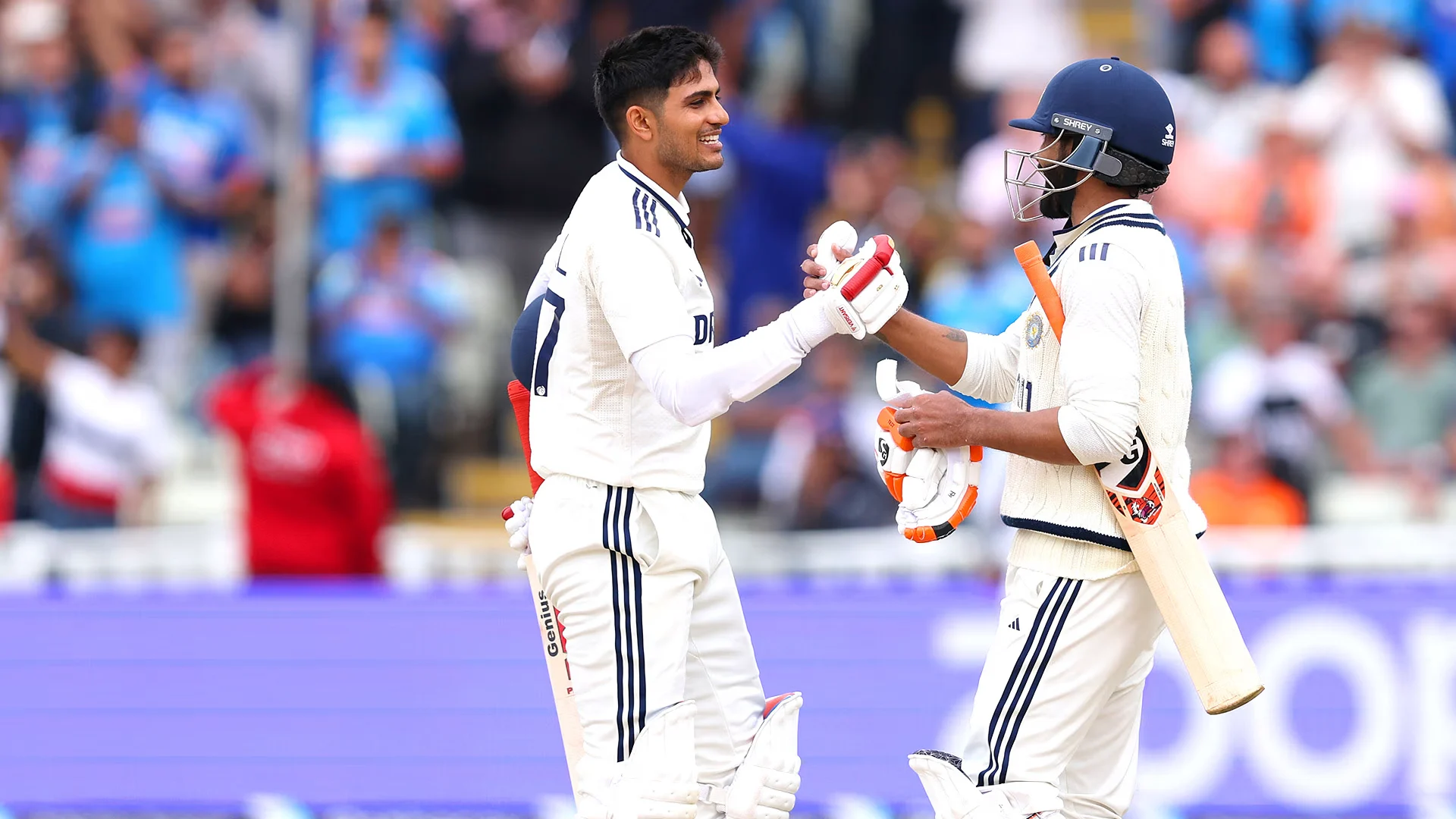In a world defined by rapid geopolitical changes, India and Russia in 2025 are emerging as pivotal partners. Their decades-old relationship has matured into a dynamic strategic alliance that now extends beyond defense cooperation into energy, technology, and multilateral diplomacy. As the global power structure undergoes dramatic transformations, India and Russia are aligning more closely to protect their mutual interests and shape a multipolar world.

The Historical Bond Between India and Russia 2025
To understand the India and Russia 2025 alliance, we must first look at the historical foundation. India and the Soviet Union had a time-tested friendship that evolved after the Cold War into a balanced, trust-based partnership. Today, Russia remains one of India’s most reliable defense suppliers, while India has emerged as a significant investor in Russia’s Far East.
In 2025, this bond is not just surviving—it is thriving. With both countries striving for strategic autonomy and resisting Western-centric global norms, the India-Russia relationship serves as a model of bilateral cooperation built on mutual respect and long-term interests.
Defense and Security: Core Pillars of India and Russia 2025 Ties
One of the most visible aspects of the India and Russia 2025 relationship is defense cooperation. Russia continues to be India’s primary defense partner, supplying cutting-edge military hardware such as the S-400 missile systems, nuclear submarines, and fifth-generation fighter aircraft.
India is also collaborating with Russia on joint military exercises like INDRA-2025, which focus on counter-terrorism and maritime security. These military engagements are not symbolic; they represent deep strategic trust and interoperability between the two armed forces.
As India modernizes its military in response to regional threats from China and Pakistan, the Russian connection becomes even more vital. Russia, facing Western sanctions, is also looking eastward for stable markets, and India provides exactly that.

Energy Security: A Growing Axis of Cooperation
In 2025, energy will become a cornerstone of the India-Russia 2025 strategic partnership. With India’s ever-increasing demand for oil and gas, Russia is emerging as a crucial energy supplier. Long-term contracts for crude oil, LNG, and coal have been signed, while Indian firms have invested in Siberian oil fields.
This cooperation isn’t just about buying and selling energy. It’s about co-developing energy infrastructure, including refineries, pipelines, and renewable energy technologies. The Chennai-Vladivostok maritime corridor, currently under development, will further reduce transit times and enhance connectivity between the two countries.
Technology and Space: Rising Frontiers in India and Russia 2025 Relations
Beyond traditional sectors, India and Russia in 2025 are expanding their collaboration into space exploration, cybersecurity, and advanced technologies. India’s ISRO and Russia’s Roscosmos are working on joint lunar missions, satellite navigation systems, and even space tourism.
Cybersecurity is another emerging domain. With the rise of digital warfare and data sovereignty concerns, both nations are investing in indigenous technologies and establishing secure digital corridors. Russia’s experience in AI and India’s booming tech sector are forming a powerful synergy that has global implications.
A Strategic Alliance in Global Forums
On the diplomatic front, India and Russia in 2025 continue to support a multipolar global order. They often align on key global issues through platforms like BRICS, SCO, and the United Nations. Whether it’s advocating for a reformed UN Security Council or addressing global climate change, both nations emphasize inclusivity, sovereignty, and rule-based global governance.
India has also resisted pressure to isolate Russia in the wake of the Ukraine crisis, choosing instead to maintain a neutral stance that prioritizes national interest. This strategic autonomy has been appreciated by Moscow and has further solidified the bilateral relationship.
Challenges in the India and Russia 2025 Partnership
While the India and Russia 2025 alliance is strong, it’s not without challenges. Russia’s growing closeness to China, India’s deepening ties with the United States, and Western sanctions on Russia create a complex diplomatic environment.
Yet, both countries have shown resilience. They are diversifying their trade, improving payment mechanisms beyond the dollar, and expanding people-to-people ties through educational exchanges and tourism.

The Road Ahead for India and Russia 2025
Looking ahead, India and Russia in 2025 are poised to redefine global partnerships. Their cooperation is evolving from transactional to transformational. They are not just allies by necessity—they are partners by choice, shaping a new world order that values sovereignty, balance, and cooperation over domination.
From defense to diplomacy, energy to emerging tech, this enduring friendship is a pillar of stability in a turbulent world. As the global order continues to shift, the India-Russia axis may very well become one of the defining partnerships of the 21st century.
Read More: The New Cold War 2025: India-US vs. Pakistan-China – Global Power Clash Unveiled
FAQs on India and Russia 2025
Q1: Why is the India and Russia 2025 relationship important?
India and Russia are strategic partners with deep ties in defense, energy, and diplomacy. Their collaboration is key to maintaining balance in the shifting global power order.
Q2: Are India and Russia collaborating on space missions in 2025?
Yes. ISRO and Roscosmos are working on joint lunar missions and satellite projects, marking a significant leap in space cooperation.
Q3: How is energy cooperation shaping India and Russia’s 2025 ties?
India is importing oil and gas from Russia, while both countries are co-investing in energy infrastructure and renewable projects.
Q4: What challenges does the India-Russia alliance face in 2025?
Geopolitical complexities such as Russia’s relations with China and India’s US ties pose challenges, but both nations are committed to maintaining a balanced partnership.








